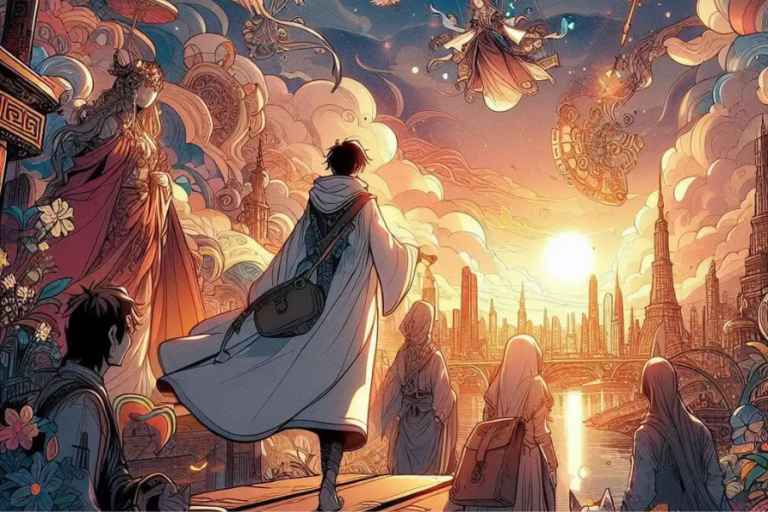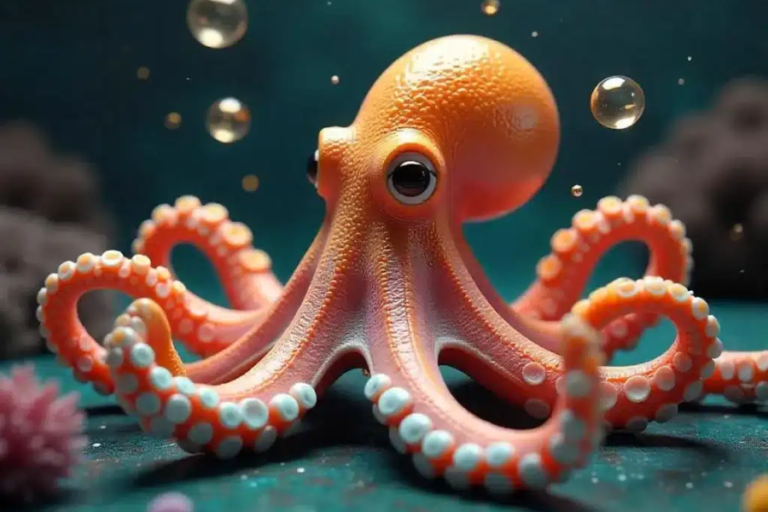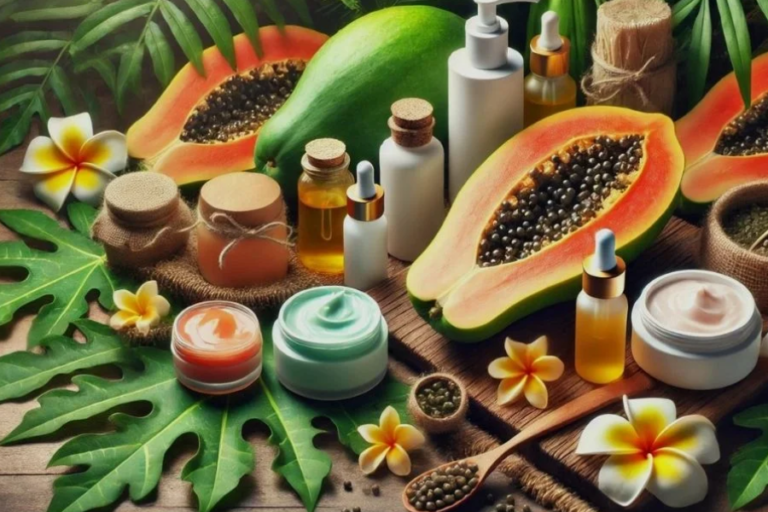The Legacy of Aoomaal: Unraveling Its Historical and Modern Relevance
Have you come across the word “Aoomaal”? It may not be widely recognized, but it embodies a deep cultural significance that transcends time and generations. Aoomaal represents more than just a tradition—it’s a celebration of heritage and community values. In this exploration, we will dive into its historical roots, cultural importance, and continued relevance. Join us on this journey to uncover the essence of Aoomaal and what makes it such a remarkable tradition!
Understanding Aoomaal: A Tradition of Togetherness
Aoomaal is a term that reflects the spirit of unity and cultural expression. It often refers to ceremonies, events, or practices that foster community bonds and honor shared heritage. Rooted in ancient customs, Aoomaal serves as a bridge connecting individuals to their history while instilling a sense of belonging.
Though the specific forms of Aoomaal may vary across different communities, common themes include unity, respect for ancestors, and preserving customs. Whether expressed through music, storytelling, or dance, each tradition within Aoomaal carries profound meaning, showcasing how people connect through shared experiences.
The Historical Roots of Aoomaal
The history of Aoomaal is woven into the rich cultural fabric of various societies, dating back centuries. Initially, these practices emerged as ways for communities to share values and beliefs. Over time, Aoomaal evolved, influenced by regional customs, migrations, and interactions with other cultures.
While it adapted to new social landscapes, Aoomaal preserved its core elements, reflecting the resilience of communities in maintaining their cultural identity. The ongoing evolution of Aoomaal demonstrates the powerful connection between tradition and adaptation, balancing heritage with modern changes.
Cultural Significance of Aoomaal in Traditions
Aoomaal holds a pivotal role in cultural and social identity, serving as a way to link generations. By encapsulating stories, values, and collective memories, Aoomaal helps preserve a sense of community identity. Whether through rituals or celebrations, these practices foster social unity and ensure the continuity of ancestral knowledge.
Artistic expressions, such as music and dance, often accompany Aoomaal celebrations, reflecting the customs and beliefs of the community. These gatherings provide a space for participants to connect with their roots and create lasting bonds that strengthen communal ties.
Traditional Rituals and Practices of Aoomaal
Traditional Aoomaal celebrations are deeply intertwined with spirituality and community connection. Preparation typically involves gathering family members and elders to discuss intentions and hopes for the event. On the day of the ceremony, vibrant attire, music, and dance take center stage, with drumming playing a key role in setting the rhythm.
One of the most symbolic aspects of Aoomaal is the offering to ancestors or deities. This act of gratitude seeks blessings for health and prosperity within the community. Feasts follow the rituals, where traditional foods are shared, further deepening the sense of togetherness.
These age-old practices not only honor history but also reinforce the unity of participants, ensuring that the cultural significance of Aoomaal continues to thrive.
Modern Celebrations of Aoomaal: Blending Tradition with Innovation
In recent years, Aoomaal has been adapted to suit modern sensibilities, blending age-old practices with contemporary elements. Festivals now feature lively performances, with traditional arts taking on fresh interpretations to resonate with newer generations.
The digital age has also left its mark on Aoomaal. Through social media, virtual gatherings allow people from all over the world to engage with Aoomaal traditions, making the celebrations more accessible and inclusive. Educational workshops further help introduce Aoomaal’s significance to a broader audience, encouraging innovation while maintaining its cultural essence.
Criticisms and Debates Surrounding Aoomaal
While Aoomaal is cherished by many, it is not without controversy. One of the primary concerns involves the commercialization of traditional events, which some believe dilutes the true meaning of the practice. As these celebrations grow in size, they sometimes lose the intimate community connection that once defined them.
There are also debates within different cultural groups over the “authentic” way to celebrate Aoomaal. Varying interpretations of its customs, especially across regions, can lead to disputes over which traditions should be upheld.
Another pressing issue is the environmental impact of large-scale Aoomaal celebrations, particularly in areas where resources are limited. Organizers are increasingly tasked with balancing tradition with sustainability.
Preserving Aoomaal for Future Generations
As Aoomaal continues to evolve, its preservation remains a priority for many. Educational initiatives and workshops are being developed to pass down the traditions to younger generations, ensuring they stay connected to their cultural roots.
Social media has become a valuable tool in keeping Aoomaal alive, as it allows people to share stories, images, and experiences related to these celebrations. By embracing both tradition and innovation, communities are finding ways to keep Aoomaal relevant for years to come.
Efforts to protect Aoomaal from becoming overly commercialized are ongoing, with advocates calling for more authentic representations of this cherished tradition. Through these endeavors, Aoomaal’s rich cultural heritage will continue to thrive for future generations to celebrate.
Summary
Aoomaal is a deeply rooted cultural practice that embodies the spirit of unity, community, and tradition. With origins dating back centuries, it reflects the values, stories, and customs of various societies, serving as a way for people to connect with their history and preserve their heritage. Aoomaal can take many forms, such as music, dance, storytelling, or ritual celebrations, and is central to fostering social cohesion and continuity across generations. While modern adaptations have introduced contemporary elements to Aoomaal, the tradition continues to thrive, maintaining its core principles of unity and cultural expression. However, controversies around commercialization, sustainability, and authenticity highlight the ongoing challenges in preserving the essence of this tradition. Through education and advocacy, communities are working to ensure Aoomaal remains vibrant and meaningful for future generations.
FAQs:
1. What is Aoomaal?
Aoomaal is a cultural tradition that represents community bonding, heritage preservation, and shared customs. It involves various forms of cultural expression, including music, dance, storytelling, and rituals that foster unity and connection.
2. Where did Aoomaal originate?
Aoomaal has its origins in ancient societies and has evolved over centuries. It is deeply embedded in the traditions of different communities, often reflecting their unique values, beliefs, and histories.
3. How is Aoomaal celebrated today?
Modern Aoomaal celebrations blend traditional practices with contemporary elements, such as music performances, crafts, and digital platforms. Festivals, social media engagement, and educational workshops have become common ways to celebrate Aoomaal in today’s world.
4. Why is Aoomaal important to culture and tradition?
Aoomaal serves as a bridge between generations, preserving stories, rituals, and values that shape the identity of communities. It fosters a sense of belonging and continuity, allowing people to stay connected to their ancestral roots.
5. What are the main rituals associated with Aoomaal?
Traditional Aoomaal rituals often include offerings to ancestors or deities, communal feasting, music, and dance. These practices symbolize gratitude, unity, and a connection to cultural heritage.
6. What are the criticisms of Aoomaal?
Some criticisms of Aoomaal include concerns over commercialization, loss of authenticity, and the environmental impact of large-scale celebrations. Debates over how Aoomaal should be practiced also arise within different cultural groups.
7. How can Aoomaal be preserved for future generations?
Preserving Aoomaal involves a mix of education, advocacy, and modern adaptations. Workshops, social media outreach, and efforts to keep the traditions authentic are key to ensuring that younger generations engage with and carry forward this cultural heritage.
8. Has Aoomaal changed over time?
Yes, Aoomaal has evolved to adapt to societal changes, including migration and modern influences. While the core traditions have remained, newer forms of expression and celebration have been incorporated into the practice.
Stay in touch to get more news & updates on Realblog!






